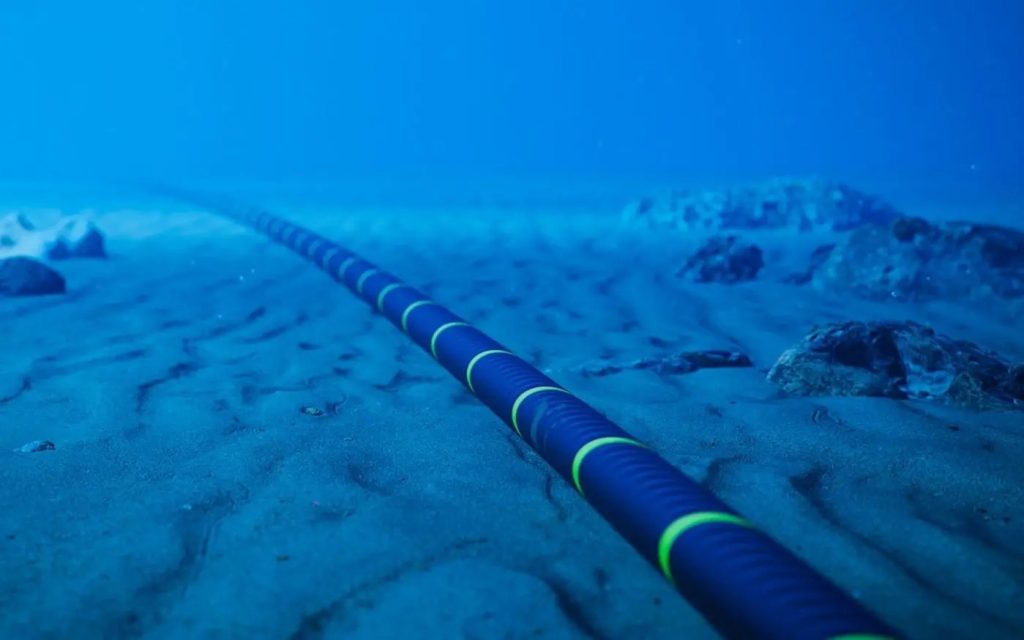Nigeria has lost more than N273 billion in four days due to the internet service provider outages that some are now experiencing, according to data from the NetBlocks Cost of Shutdown Tool.
NetBlocks is a watchdog for cybersecurity and Internet governance. The service was introduced in 2017 to monitor internet freedom, while the NetBlocks Cost of Shutdown Tool (COST) analyses the economic cost of an internet disruption, mobile data outage, or app restriction based on World Bank, International Telecommunications Union (ITU), and other metrics.
When the cost of the partial internet downtime caused by the cable cut in Nigeria from Thursday, March 14 to Sunday, March 17, 2024 was entered, the cost indicator revealed that the country lost more than N273, 987,701,601 billion ($593,689,494 million) in four days using the May 2023 exchange rate.
This service calculates the economic impact of a single hypothetical internet outage with the supplied type, location, and duration. It mostly replicates internet shutdowns and outages that affect entire communities and often linger for a few hours or days.
The Daily Sun reported in the early hours of Thursday, March 14, 2024, that the banking, telecom, and other industries were partially grounded due to internet interruption.
Customers in the banking and telecommunications businesses were told that they may be unable to conduct financial transactions owing to network difficulties.
The internet outage was caused by an external incident that shut off MainOne and other firms’ underwater cable systems in the Atlantic Ocean, offshore Cote D’Ivoire, and along the West African coast.
MainOne, one of the undersea cable firms affected by the service outages, ruled out a rapid cure to the problem over the weekend, stating that repairs could take up to three weeks.
According to MainOne, rectification of the fault, retrieving necessary spares for repair, and “sailing to the fault location for the repair work might take one to two weeks, while about two to three weeks of transit time may be required for the vessel to pick up the spares and travel from Europe to West Africa once the vessel is mobilised.”
Martins Akingba, the chief operating officer (COO) of eStream Networks and an Internet Service Provider, stated in a phone conversation with the Daily Sun that Nigeria’s poor internet experience may continue for the next three weeks.
When asked how the internet disruption affected his firm, he stated, “eStream rapidly switched to another network when we discovered the outage. We are fortunate that we have contracts with other submarine firms, such as Glo 1, which was unaffected by the damage and continues to work smoothly.”
Speaking about potential losses incurred by telcos as a result of the disruption, Gbenga Abebayo, Chairman of the Association of Licenced Telecom Operators of Nigeria, told the Daily Sun that the most important thing for the affected telecommunications companies right now is to restore services and minimise the impact on their customers.
He acknowledged that major carriers had switched to other suppliers and rerouted traffic in an effort to restore services.
Abebayo stated that while some providers had certified the restoration of services, others were still in the process of migrating, causing delays and congestion.
However, the chairman pledged that services will be fully restored within two to three days.
He informed users of communication services that repairs were underway and that the horror would soon be over.
MTN Nigeria was the most affected by the network disruption because it has the most subscribers to its voice and broadband services.
In an update to its subscribers, the telecom stated that it was working with partners to repair and restore the network. It also apologised to its clients and urged them to trust the management.

